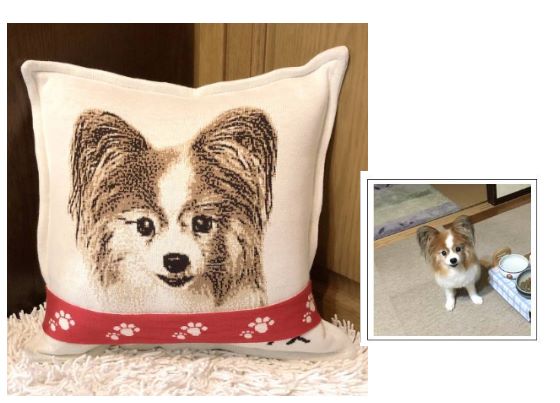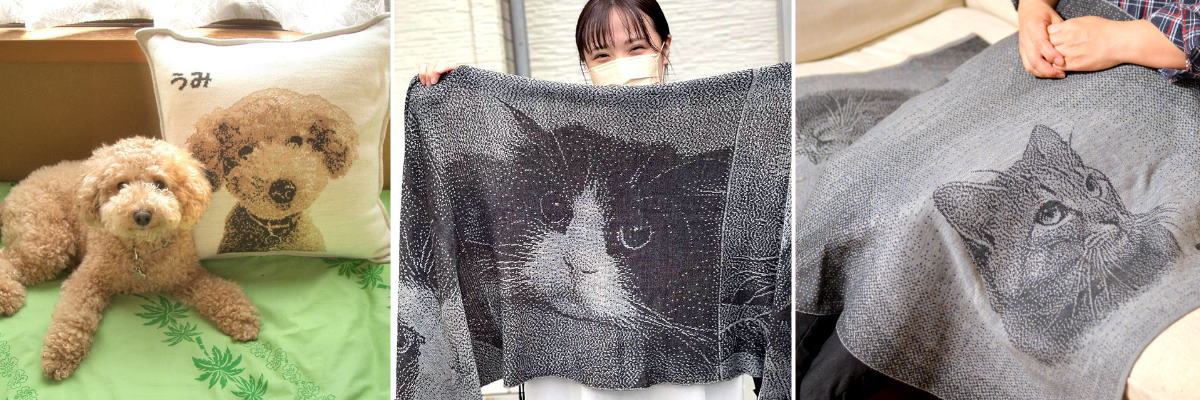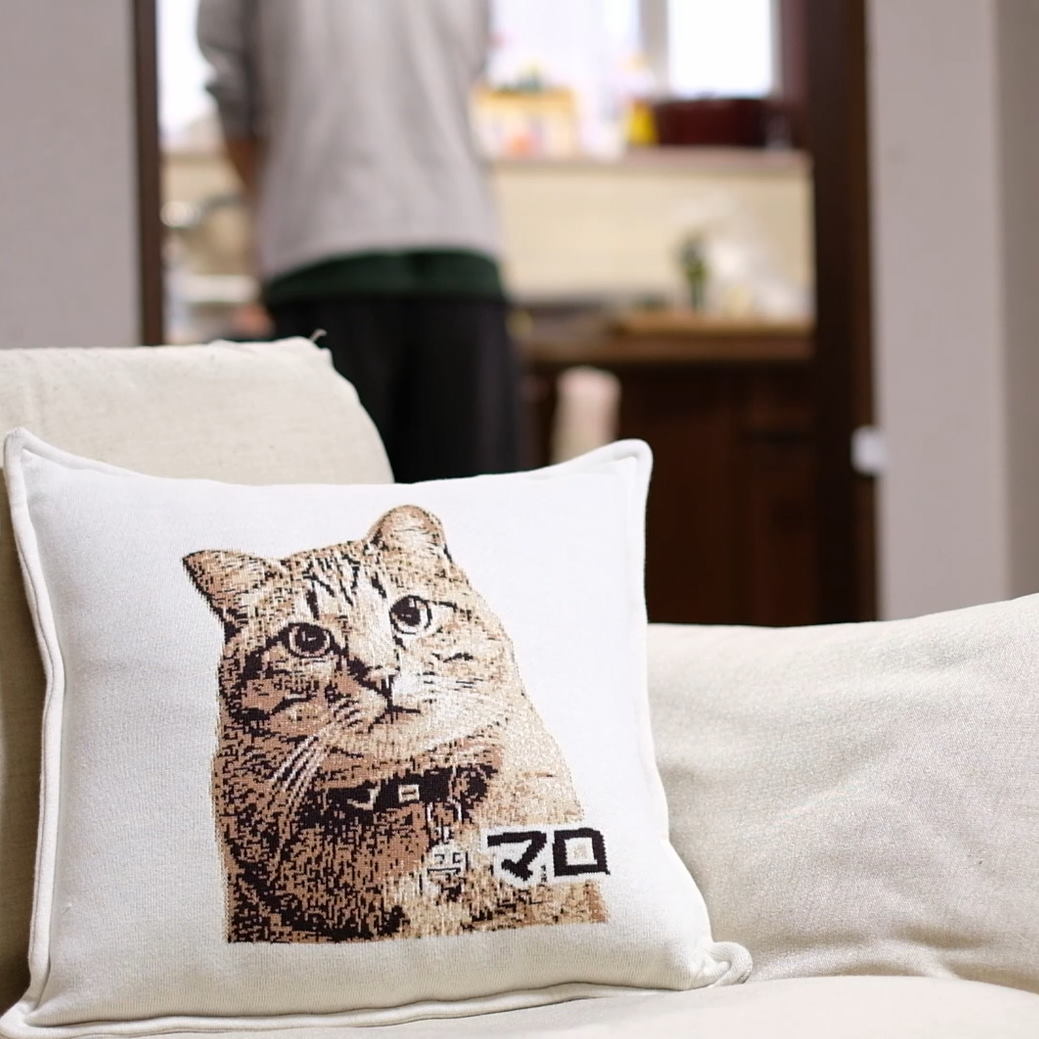Losing a beloved pet is one of the most painful experiences we can face.
In today’s connected world, many grieving pet owners turn to Facebook, Instagram, or other platforms to share their loss.
Posting about pet loss can bring comfort, emotional release, and connection with others who understand—but it can also lead to misunderstandings or unwanted reactions.
In this article, I’ll share my own experience with grieving a pet online, explore the reasons behind sharing such posts, discuss the sensitive topic of posting photos of deceased pets, and offer practical tips for protecting both your heart and your relationships when sharing on social media.
My Experience Posting About a Sick Pet
I once posted on social media about my cat’s illness without thinking much about it.
At the time, she was in the late stages of her condition, and I mentioned she didn’t have much time left.
Soon after posting, I received an overwhelming number of worried comments and private messages.
Feeling flustered, I deleted the post.
My intention had been simple—I loved my cat and wanted to share that love.
But feelings don’t always reach others as intended.
Even a brief statement like “she doesn’t have much time left” can carry more emotional weight than expected.
The very next day, my cat passed away.
Like many people, I felt the urge to post about her death—mostly to thank those who had shown kindness during her illness.
I knew most would respond with compassion, but I also understood that not everyone reacts positively.
Some might feel uncomfortable, believe I was seeking sympathy, or even consider it inappropriate.
Why People Share Pet Loss Online
For many, sharing pet loss on social media is a way to express grief, honor their pet’s memory, and find comfort from others who have gone through similar pain.
However, social media is a space where people with many different values and sensitivities interact.
Not everyone will see your post through the same lens—and sometimes, reactions can hurt more than they help.
Posting Photos of a Deceased Pet
Some people place their pet’s casket in front of a home altar, photograph their beloved animal lying peacefully, and share that image online.
I understand this completely—such photos can be deeply meaningful and beautiful to the owner.
Even among my customers, some have shared such photos after receiving memorial items.
When my own cat passed away about three weeks ago, she looked peaceful, beautiful, and almost like a cherished plush toy.
I wanted to take a picture to keep forever.
But I thought about the possibility of someone stumbling across it someday and how it might affect them.
So I decided not to take the photo—and now that image remains vivid in my memory.
Some pet owners are grateful to have taken that final photo, and there’s nothing wrong with keeping it privately.
But before uploading it to social media, it’s important to understand how it may be perceived.
Understanding Different Perspectives on Sharing Final Images
It’s natural for a pet owner to see their beloved companion as beautiful, even after death.
You might want others to see that peaceful final moment.
However, to some, it may appear simply as an image of a dead animal—which can be upsetting or offensive.
These differences in perception are important to remember.
If you still wish to post, consider limiting visibility—set the audience to “Only Me” at first, or choose settings that allow only close friends, family, or fellow pet lovers to view it.
Some friends might say, “Please talk to me when you’re hurting.”
In such cases, let them support you and your grief.
Social Media Etiquette for Grieving Pet Owners
Social media is a powerful tool, but it’s also a public space filled with diverse opinions and values.
To protect yourself and others:
Know Your Audience – Be mindful of who might see your post and whether it’s content they will understand or appreciate.
Adjust Privacy Settings – Limit posts to trusted groups, such as family or pet-loving friends.
Consider Emotional Impact – Think about how your words and images might affect others, even if your intention is love.
Take Responsibility – If a misunderstanding or conflict arises, it’s ultimately your responsibility to handle it.
Tips for Sharing Pet Loss on Social Media
If you decide to post about your loss, here are some additional ways to protect your emotions and honor your pet:
Think Before You Share
Take time to decide if you truly want the post to be public.
Focus on Memories
Share stories and photos that celebrate your pet’s life rather than graphic or distressing details.
Prepare for Mixed Reactions
Not everyone will respond as you hope. Don’t let a few insensitive comments diminish your love or your memories.
Honor Your Own Healing Process
Whether you post immediately or years later, do what feels right for your journey.
Final Thoughts
Posting about pet loss or sharing photos of a deceased pet online can be deeply personal and healing—but also risky.
By being intentional about what you share, who sees it, and how you present it, you can protect your heart while still honoring your pet’s memory.
Above all, remember: your grief is valid, and it’s okay to choose the path that feels safest and most comforting for you.
Customer reviews
We sometimes get questions like this from our customers.
I always answer like this:




